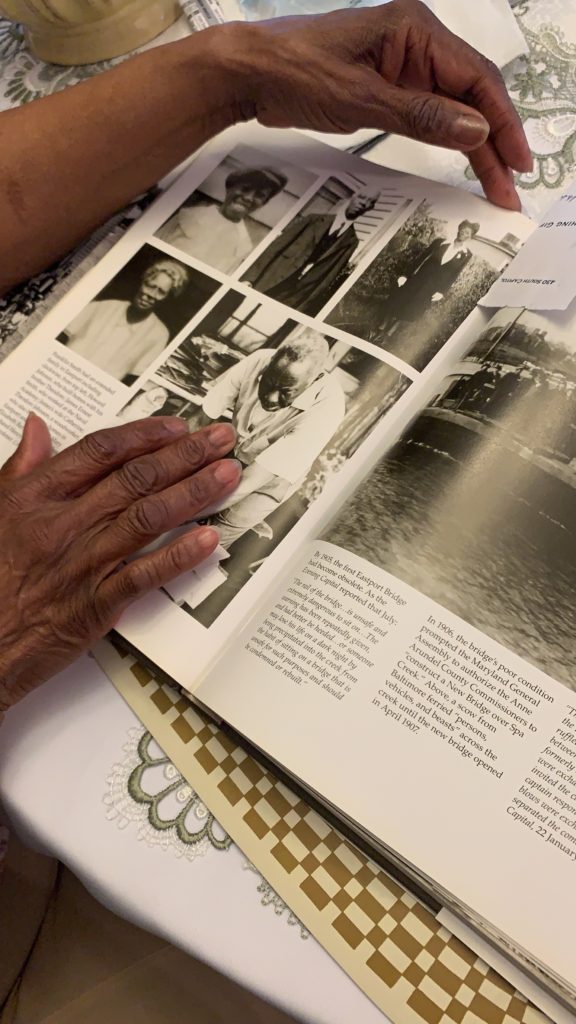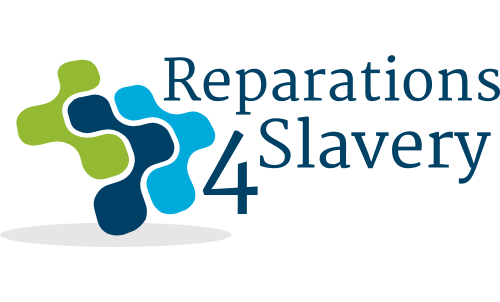Repair Begins in Your Backyard

The argument for reparations has always centered around U.S. governmental complicity; in fact, countless economic effects of racism can be traced to local, state, and federal laws designed to keep Black people economically hamstrung.
However, slavery and the institutional racism that followed did not begin and end with the actions of the government. It began, and will end, with the actions of the individual.
Working Together, Accelerating Change
When individuals work together at the grassroots level, change accelerates. My elders began teaching me about the necessity of civic engagement and education when I was seven years old; while they kept tabs on national politics, their activism embodied the saying, “All politics are local.” For better or worse, I have followed their lead and chose a career in politics. However, as a Black woman, I have also come to understand that, “The master’s tools will never dismantle the master’s house” (Audre Lorde). Change must also be effected from outside the system.
Restoring Our History
When I think about H.R. 40, the bill to establish a national program of reparations, I think about how passage begins in our own neighborhoods. We must get a better grasp on how repair can be accomplished at the municipal, county, and state levels. To do this, we must first understand our history and what needs mending. The ways in which slavery and its aftereffects impacts neighborhoods, cities, and regions varies, and those variations matter. History, which has been systematically erased from our textbooks by groups like the United Daughters of the Confederacy, needs to be restored and added to school curricula. Each of us must study our nation’s true history, and our own region’s and family’s history.

I spent this summer diving deeper into my own history, interviewing elders from my childhood neighborhood in Annapolis. Worried that my elders might pass on before telling their stories, I’ve been sitting at dining room tables and meeting on Zoom to learn more about our area’s rich and complicated past. Nearly a dozen Black families, including mine, have called this neighborhood home since just after emancipation. Yet our history remains largely unpublished, our stories untold. White people, who now claim our city as their own, are completely unaware of our history. For now.
Unwinding Past Harms
As we press forward, advocating for HR-40 and a program of national reparations, let us begin by uncovering the history hidden in our own backyards. Let our white neighbors acknowledge this history and model what true repair demands: a willingness to yield, the courage to listen, the resolve to unwind past harms. Black liberation benefits more than just descendants of the enslaved; all people are freed when we achieve true equity. And, we can only achieve this together:
Person by person.
Neighborhood by neighborhood.
City by city.
The path to liberation begins right here, in your backyard. It begins right now with you.
Asheville, NC Votes for Reparations
In July 2020, the City Council of Asheville, NC passed a resolution to bring a program of reparations to Black residents. A racial justice coalition working with a community organizer was largely responsible for getting the resolution passed.
Micro-Reparations
What’s a micro-reparation? It’s the opposite of a micro-aggression: a simple way for white people to show support and advocate for the well-being of African Americans, while we all work to effect long term social change.
Has your family been blessed with financial stability during the pandemic? Consider partnering with any of these projects or organizations to extend those blessings to African Americans, who have been hard-hit during the pandemic.
Reparations Requests and Offerings – a Face Book group dedicated to direct repair; consider responding to direct requests or in common-needs pools for things like housing or diapers.
Modmin Tip Pool – funds RRO’s volunteer admin team
Shelter Pool – funds shelter for people experiencing homelessness
Parent Pool – funds supplies like diapers and other parent essentials
LGTBQ+ Pool – funds supplies like binders and other LGTBQ+ needs
Reparations Roundtable – A FaceBook group of white and white presenting folks dedicated to the educational as well as direct giving aspects of reparations work, including COVID-19 direct needs funding.
Is this philanthropy? No, it’s repair: a distinction all white people need to grapple with in regard to deploying our resources, whether intentionality, time or money

I look forward to Briayna’s contributions to this publication. Her perspective reflects well thought out, well researched information from our collective “BLACK Experience.”
Well done.
Thank you for your thoughtful article Briayna. I’d like to make a donation to the NAACP while I’m receiving unemployment, but I guess one thing I can do for now is support a local group.
Ms. Cuffie speaks a truth I know from experience, much of it with her. She carries the legacy of a family of teachers, some by title, others by nature and example. They carry our history in their DNA, and they are proud enough and brave enough to share it. This is a painful duty. Thank you, Bri, for doing this.
Ms. Cuffie is right, we cannot do the work without knowing the history. I have learned the most from the local stories. There are a few books. There is the North Arundel Cultural Preservation Society. There are efforts in South Anne Arundel County in collaboration through the Ralph Bunche Community Center. There are Janice Hayes-Williams, Carl Snowden of the Caucus of African American Leaders, and the others who share their stories and illuminated our history. And there is the Harris family, of which Ms. Briayna Cuffie is a worthy descendant and examplar. You are my teachers, and I thank you so much. I thank you for your patience. I thank you even more for your sacrifice and persistence, and I hope to be worthy of the information you have willingly shared.